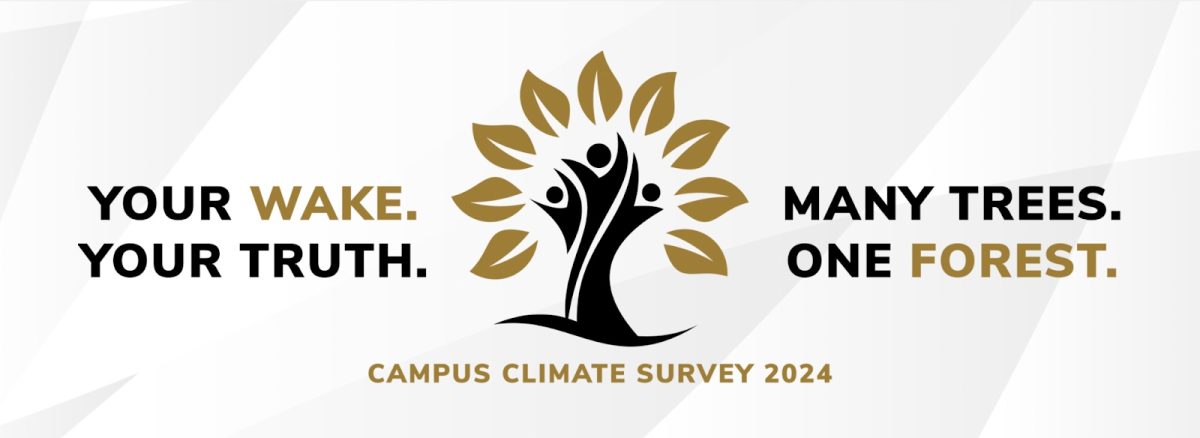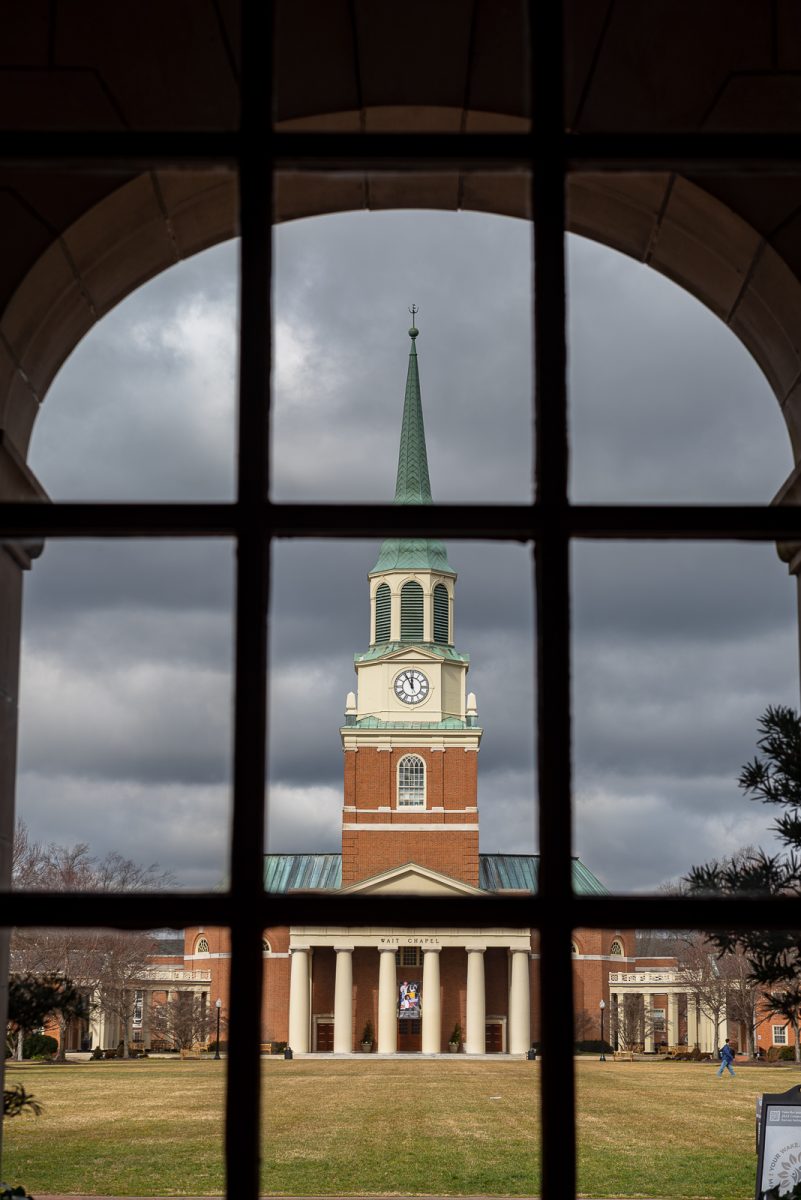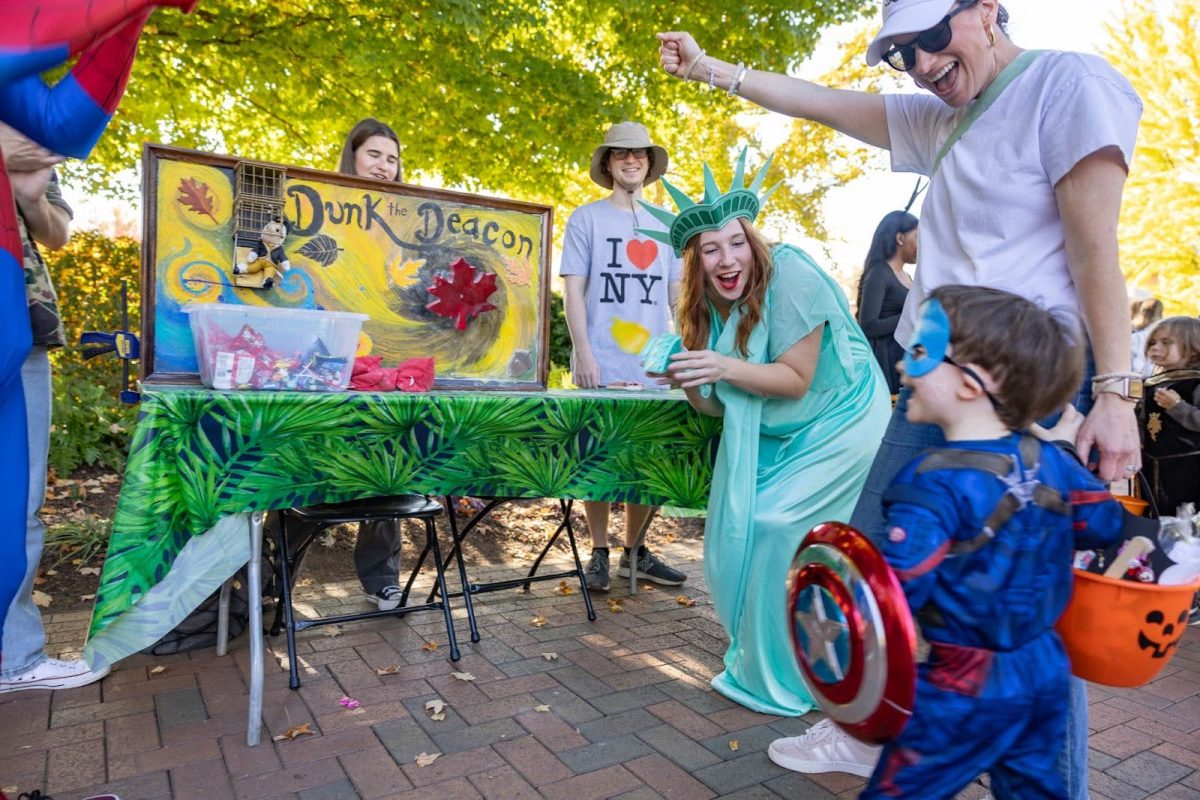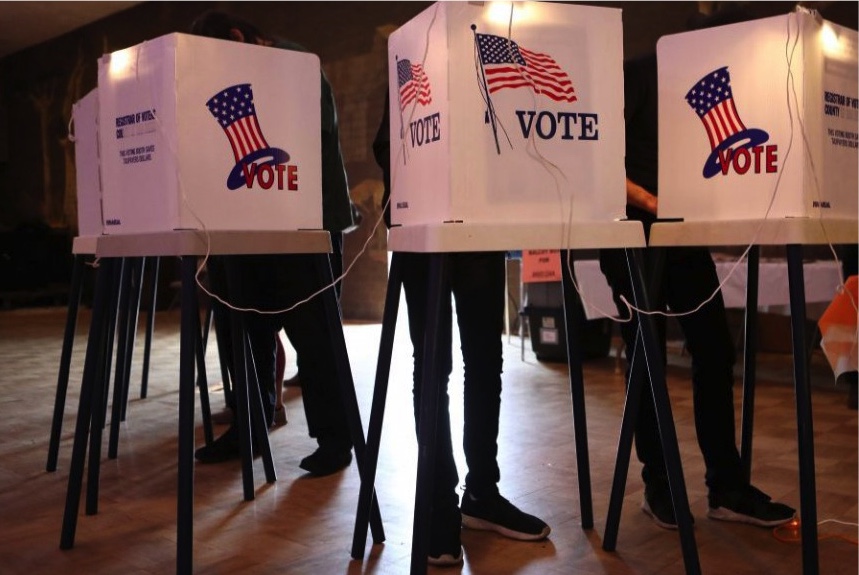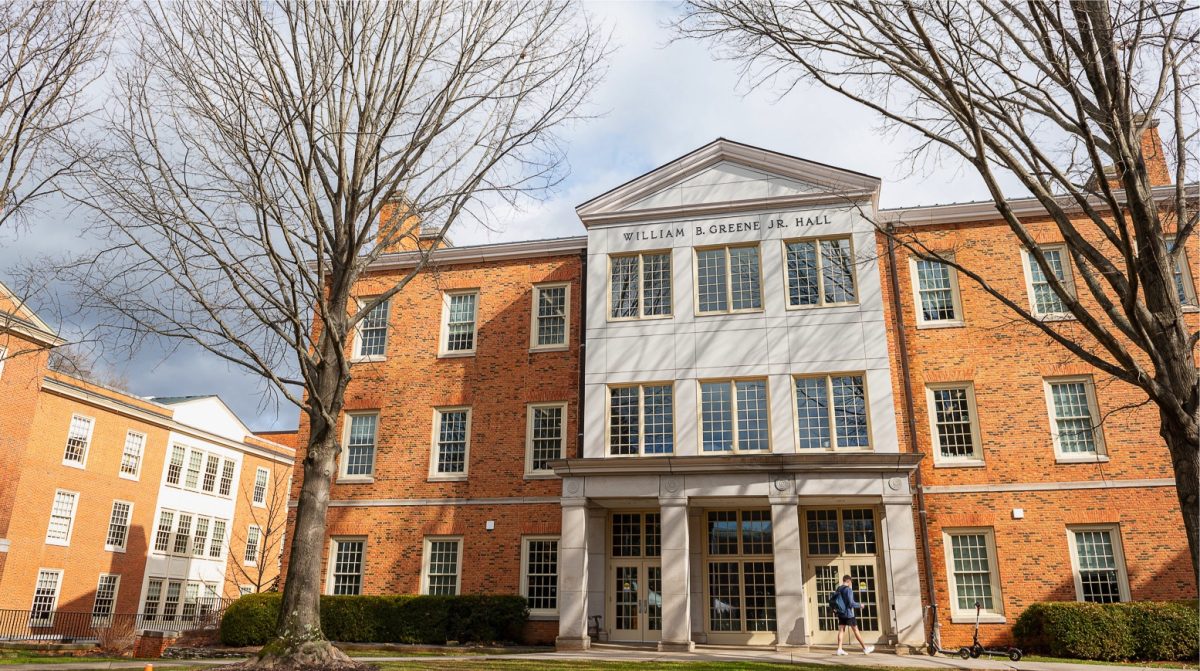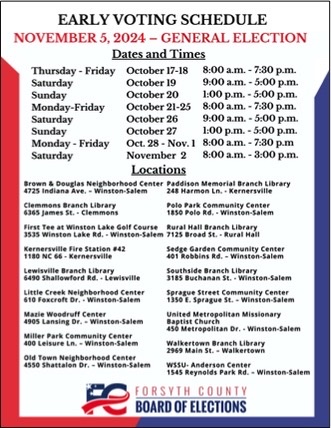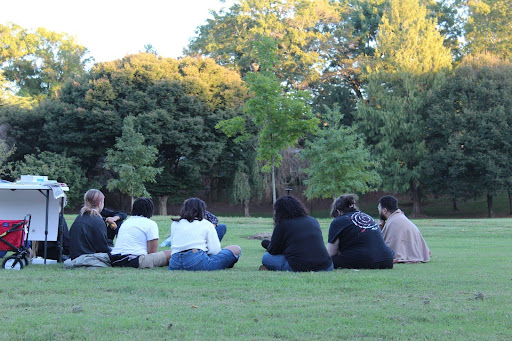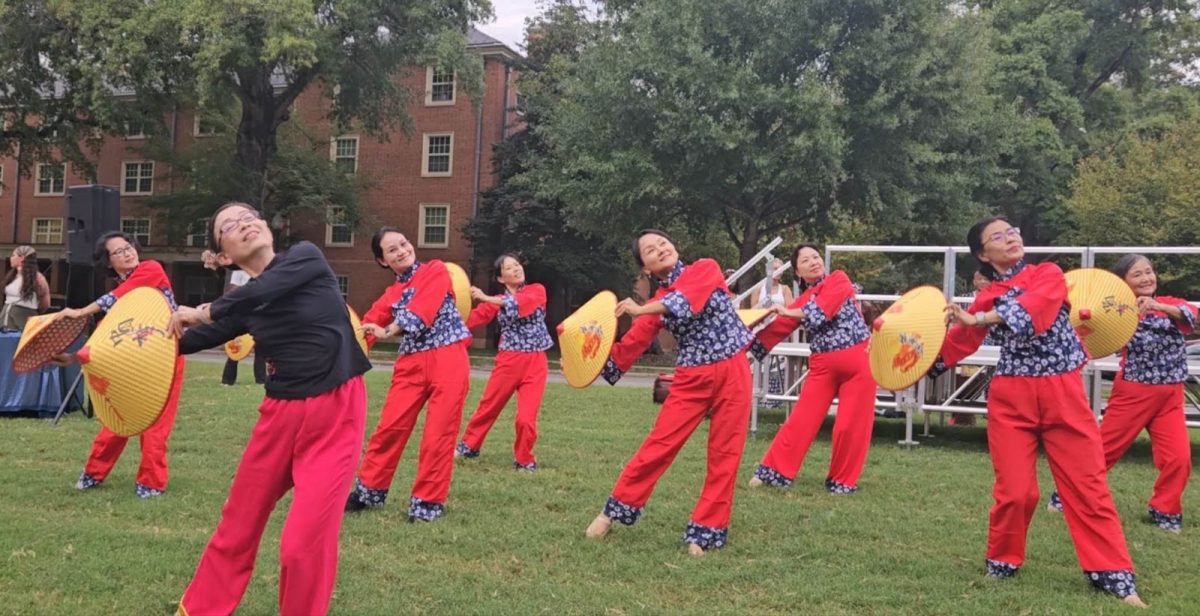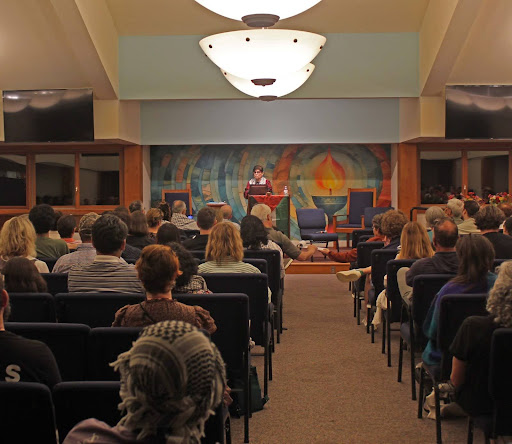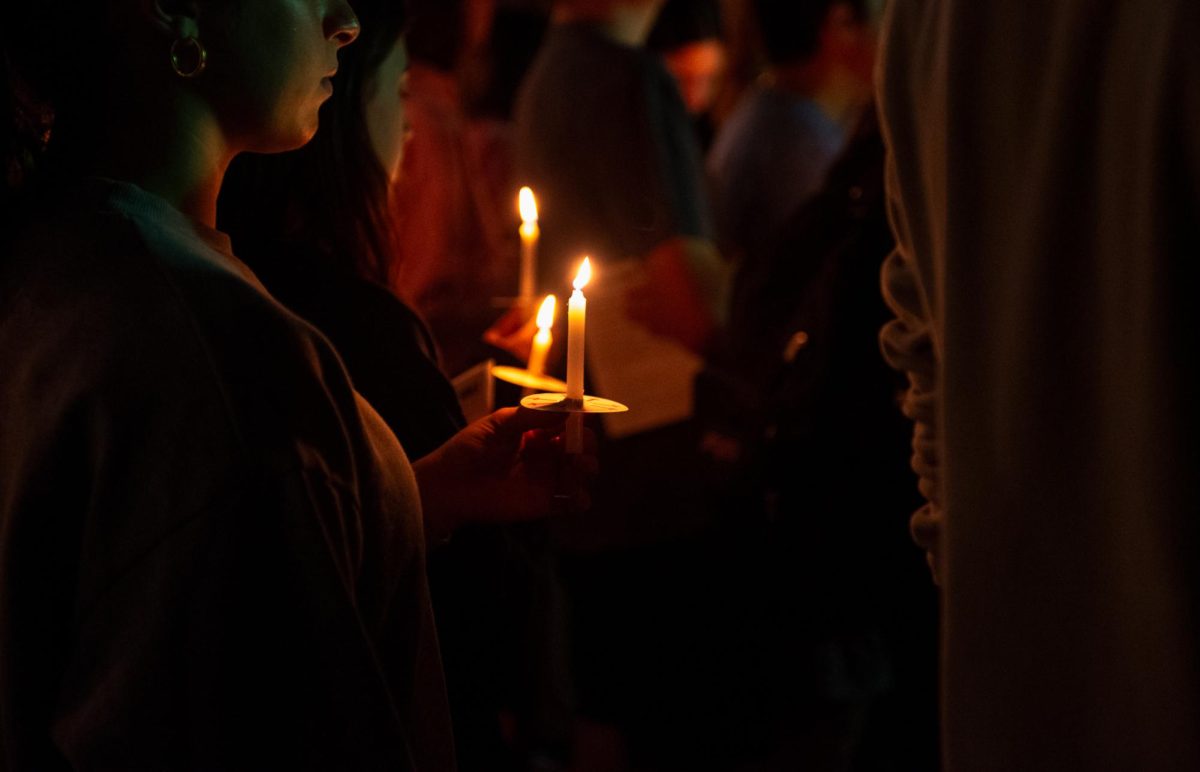In the spring of 2000, five black graduate divinity students founded Akoni: an organization that serves as a space for students of African ancestry to explore the social, religious and political needs of the black student community.
Simon Osunlana was one of the five founding members of the student organization. The name “Akoni” was derived from a term of his native language Yoruba, one of the four official languages of Nigeria, meaning “valiant ancestors.”
The five found a niche where the needs of a particular group of students were not yet met. They saw it as an opportunity for their goals and wishes for the campus community to become a reality.
“When the founders first started, they asked, where are the minority professors? Where are the professors who speak like us and who look like us?” second-year divinity student and the current Akoni co-leader Sophia Russell said. “This is not just important for students of African descent, but also for Hispanic students and students of all other minority statuses.”
While Wake Forest’s campus continues to grow and diversify each academic year, there are gaps that still remain prominent between minority students and the majority of the student body. From the fall of 2010 to the fall of 2015, according to Wake Forest’s diversity website page, Wake Forest saw an increase of ethnic diversity of 39 percent. While this may seem significant, that number of racial and ethnic diversity, by the fall of 2015, was still just 27.1 percent.
“The black student population was miniscule [in 2000],” said Derek Hicks, a divinity professor who serves as the group’s advisor. “Akoni was founded under a particular context and the five students who founded it were older and felt far more alienated than black students feel now.”
As of the current 2016-2017 academic year, over one-third of graduate divinity students are of African descent. This group of students is a far more heterogeneous mix in terms of educational background, age and region than the original five.
“Our current task is to bridge those social and theological complexities, nuances and differences between the students who come here, so that we are meeting similar needs to those of earlier students,” Hicks said. “However, we also wish to expand the narrative about how this community or organization can function for current students.”
In recent years, the group has broadened its vision in hopes of bridging gaps among more than just its own members. After 16 years since its founding, co-leaders Russell and Hinds hope to extend and broaden Akoni’s mission within the context of the undergraduate community as a whole.
“Oftentimes, graduate students seem very separate from undergraduates,” Russell said. “If someone doesn’t feel comfortable going to the chaplain’s office, they may find one of us sitting at Chick-fil-A, and we can strike up conversation about potential career paths or talk about mental health. It would be nice if there was more of that on our campus.”
Akoni seeks to shift away from what was historically an internal project into a communal one. They hope to help connect the Wake Forest community within its borders, creating a space for better communication and sense of security for those students who may feel isolated or underrepresented within the broader student body.
“At the end of the day, this is a home away from home for all of us,” Hinds said. “How can I cultivate your experience and your voice so that when you leave this space, you are bold and ready to attack injustice and all things that have attacked you along the way? How can students of African descent on this campus have a better success rate? What are the needs of those students and how can we, as divinity students, cultivate that process for them? How can we speak out and speak up for them?”
By Melissa Libutti, News Editor, [email protected]; Lauren Barber, Staff Writer



